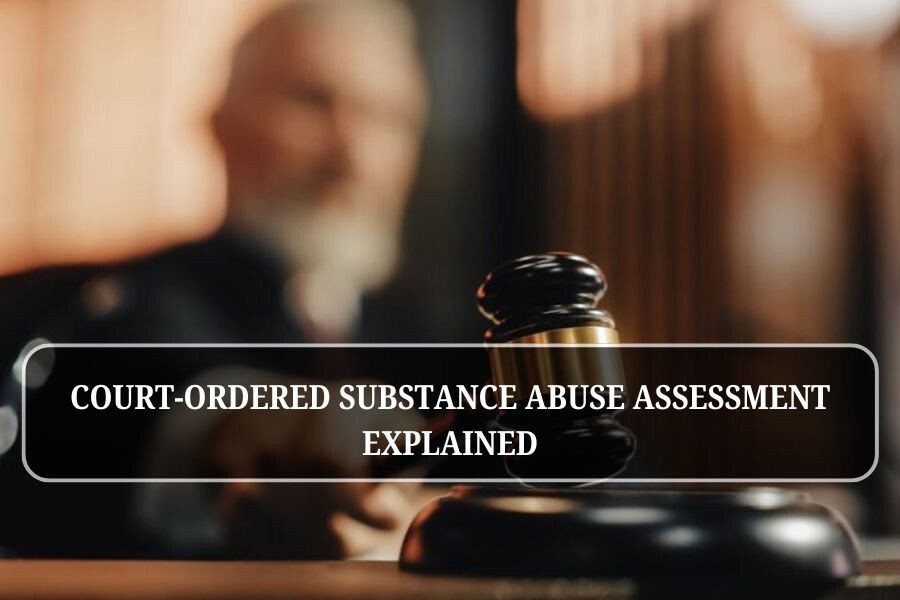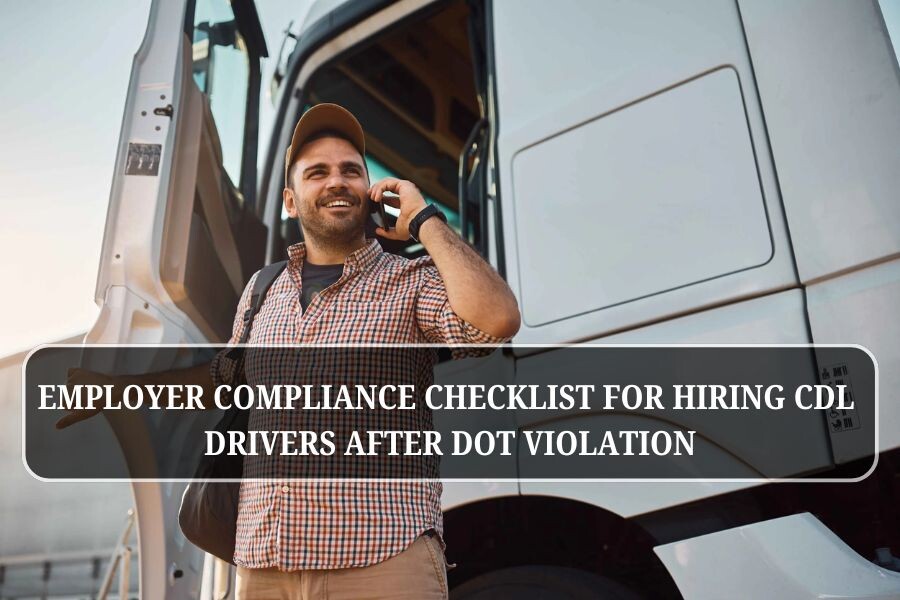When you’ve failed a DOT drug or alcohol test, every day off the road means lost income and stress. The sooner you complete the SAP process, the sooner you can get back to work.
With the Fastest Virtual DOT SAP Program, drivers can now return to duty in as little as 2–4 days. Starting at just $113, this is the lowest-cost, FMCSA-compliant option for CDL drivers and other DOT-regulated employees nationwide.
Why Speed Matters in the SAP Process
Most drivers can’t afford weeks—or months—off the job. Traditional, in-person SAP programs often cause:
- Long wait times for appointments
- Delays in treatment referrals
- Travel costs and scheduling conflicts
A virtual SAP program solves these problems by offering same-day or next-day SAP evaluations, instant referrals, and faster reporting to the FMCSA Clearinghouse.
👉 That means you can resume your career in as little as 2–4 days instead of waiting weeks.
How the Fastest Virtual DOT SAP Program Works
- Step 1: Schedule Online – Book your SAP evaluation from anywhere in the U.S.
- Step 2: Meet via Telehealth – Complete your assessment securely online.
- Step 3: Get Recommendations – Receive treatment/education requirements instantly.
- Step 4: RTD Clearance – After fulfilling recommendations, your SAP updates the FMCSA Clearinghouse.
- Step 5: Return to Duty – Take your DOT return-to-duty test and get back on the road.
Most drivers begin within 24 hours of scheduling.
Cost Breakdown: Starting at $113
| Service | Virtual SAP Program |
|---|---|
| Initial SAP Evaluation | From $113 – $400 |
| Follow-up Sessions | $50 – $150 each |
| Treatment/Education (if required) | $200 – $1,000 |
| Return-to-Duty Test | Additional lab fees |
💡 With flexible payment options, drivers can begin the program for as little as $113.
Benefits of Choosing the Fastest Virtual DOT SAP Program
- 🚚 Return to duty in 2–4 days (FMCSA-compliant)
- 💲 Lowest cost nationwide – starting from $113
- 🕒 24/7 scheduling – no waiting weeks for appointments
- 🌎 Nationwide access – available in every U.S. state
- 🔒 Confidential & secure – private telehealth sessions
- ✅ FMCSA-qualified SAPs – fully DOT-compliant
Who Can Use This Program?
The Fastest Virtual SAP Program is available for all DOT safety-sensitive employees, including:
- CDL truck drivers
- Airline pilots & crew
- Transit workers
- Railroad employees
- Pipeline employees
If you’re regulated by the DOT/FMCSA, you’re eligible for a virtual SAP evaluation.
Why AACS Counseling?
At AACS Counseling, we understand that time is money for CDL drivers. That’s why we offer:
- Same-day appointments
- Affordable payment plans starting from $113
- Fastest FMCSA reporting to clear drivers for duty
- Step-by-step support until you’re back on the road
👉 Our mission is simple: get you back to work quickly, affordably, and compliantly.
Conclusion
Don’t let delays or high costs keep you off the road. With the Fastest Virtual DOT SAP Program, you can:
- Start your evaluation today
- Pay as little as $113
- Return to duty in just 2–4 days
👉 Ready to get back to work? Contact AACS Counseling now and begin the fastest, lowest-cost FMCSA Return-to-Duty program available nationwide.

![DOT SAP Program in Florida: Your Complete Guide [2025]](https://www.aacscounseling.com/wp-content/uploads/2025/11/Comprehensive-Insight-Alcohol-and-Drug-Evaluation-Questions-and-Duration-Explained-1-1.jpg)

![DOT SAP Program in Texas: A Complete Guide [2025]](https://www.aacscounseling.com/wp-content/uploads/2025/11/Comprehensive-Insight-Alcohol-and-Drug-Evaluation-Questions-and-Duration-Explained-2-1.jpg)






